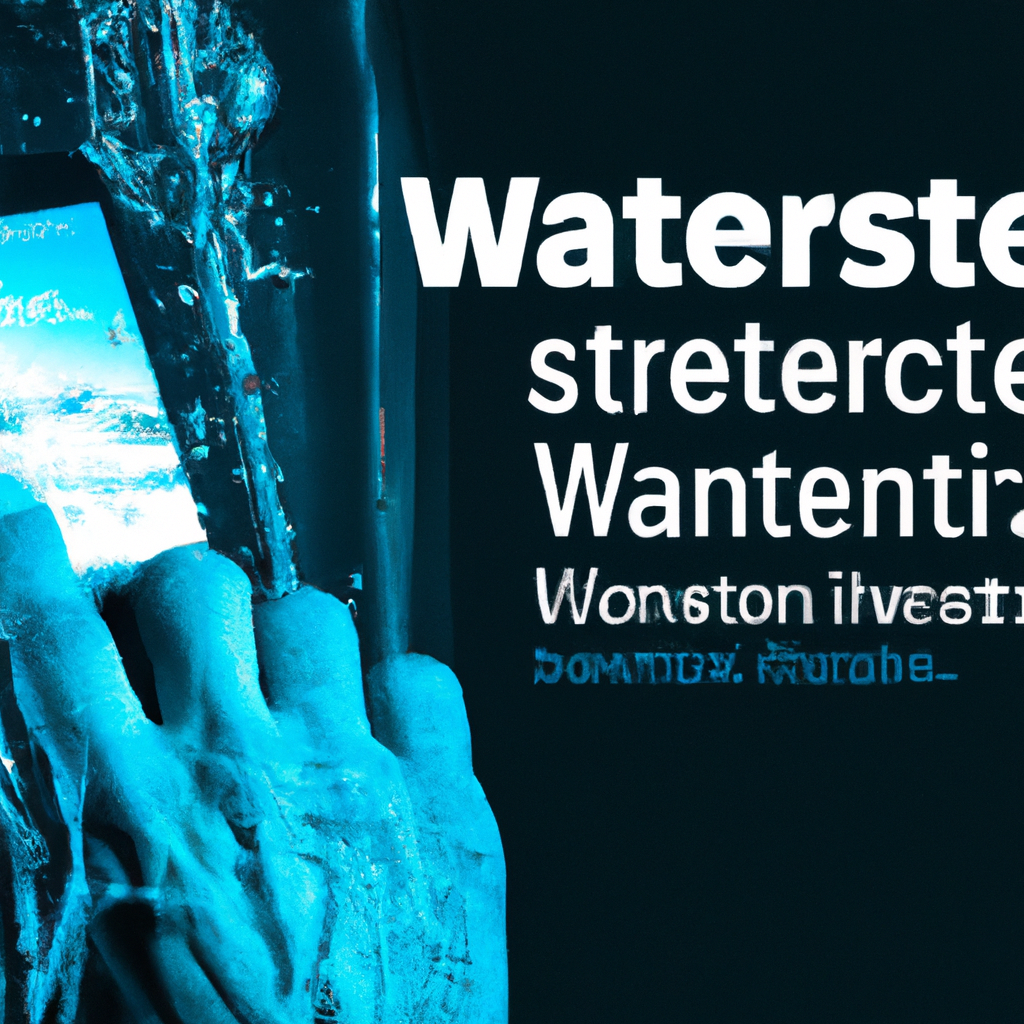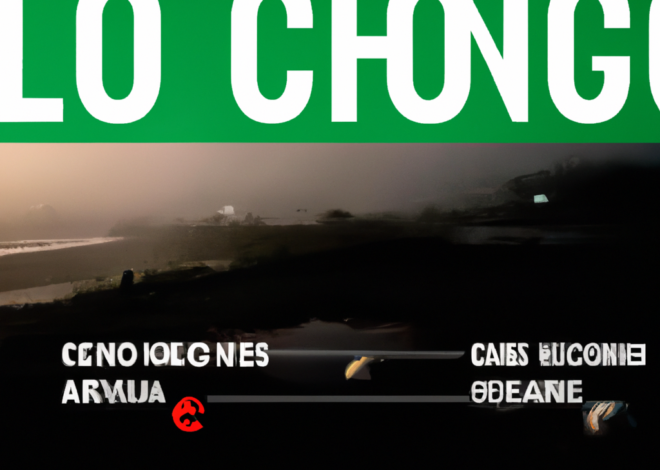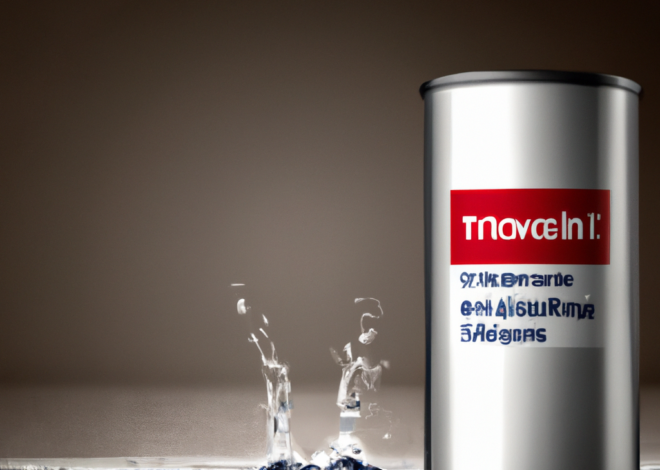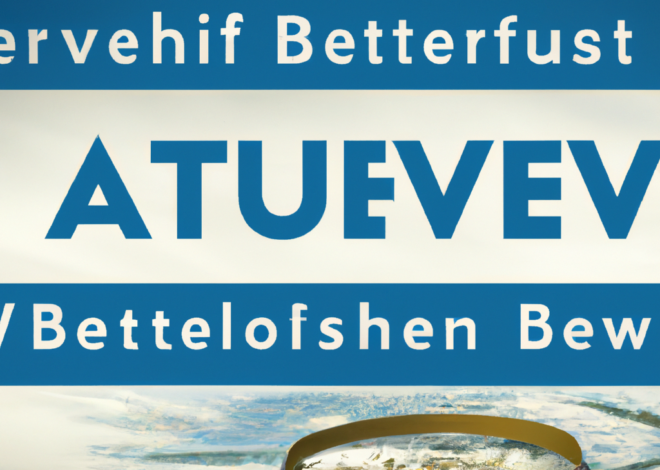
5. wassertechnologie
**Wassertechnologie: Innovations and Applications in Water Management**
Wassertechnologie, or water technology, encompasses a broad range of techniques, processes, and innovations aimed at improving water quality, availability, and management. As global water scarcity and pollution issues intensify, advancements in this field are becoming increasingly crucial for sustainable development.
Water technology integrates various disciplines, including engineering, environmental science, and chemistry, to devise solutions that address water-related challenges. This article explores five key areas of wassertechnologie, highlighting the innovations that are shaping the future of water management.
**1. Water Purification Technologies**
One of the primary focuses of wassertechnologie is the purification of water to ensure its safety for consumption and use. Advanced filtration systems, such as reverse osmosis and nano-filtration, are increasingly employed to remove contaminants from drinking water. Additionally, innovative disinfection methods, including ultraviolet (UV) light treatment and advanced oxidation processes, are gaining traction for their effectiveness in eliminating pathogens without introducing harmful chemicals.
**2. Wastewater Treatment and Reuse**
As urbanization accelerates, the need for effective wastewater treatment is more critical than ever. Modern wassertechnologie employs biological treatment methods, such as activated sludge and membrane bioreactors, to minimize pollutants in wastewater before it is released back into the environment. Furthermore, many regions are adopting water reuse practices, where treated wastewater is repurposed for irrigation, industrial processes, and even potable uses, thereby conserving fresh water resources.
**3. Smart Water Management Systems**
The advent of the Internet of Things (IoT) has paved the way for smart water management systems, which utilize sensors and data analytics to monitor water quality and usage in real-time. These systems enable utilities to detect leaks, optimize distribution networks, and manage demand more effectively. By implementing smart technologies, municipalities can not only enhance service delivery but also reduce operational costs and improve sustainability.
**4. Desalination Technologies**
With freshwater resources dwindling in many parts of the world, desalination has emerged as a viable solution to meet increasing water demands. Desalination technologies, primarily reverse osmosis and thermal distillation, convert seawater into potable water. While these processes require significant energy and investment, ongoing research is focused on improving their efficiency and reducing costs, making desalination a more accessible option for water-scarce regions.
**5. Water Quality Monitoring Solutions**
Ensuring safe water quality is paramount for public health. Recent advancements in water quality monitoring technologies have made it possible to detect contaminants quickly and accurately. Real-time monitoring systems employing advanced sensors can detect chemical, biological, and physical parameters, allowing for prompt responses to water quality issues. These systems not only enhance public health safety but also support regulatory compliance and environmental protection.
**Conclusion**
Wassertechnologie is playing an essential role in addressing the pressing water challenges faced by communities around the globe. Through innovations in water purification, wastewater treatment, smart management systems, desalination, and monitoring solutions, the field is evolving to meet the demands of a changing world. Continued investment in research and development is vital to further enhance these technologies, ultimately leading to a more sustainable and equitable water future.
**SEO-Friendly Excerpt:**
Explore the latest innovations in Wassertechnologie, focusing on purification, wastewater treatment, smart management systems, desalination, and monitoring solutions for sustainable water management.


